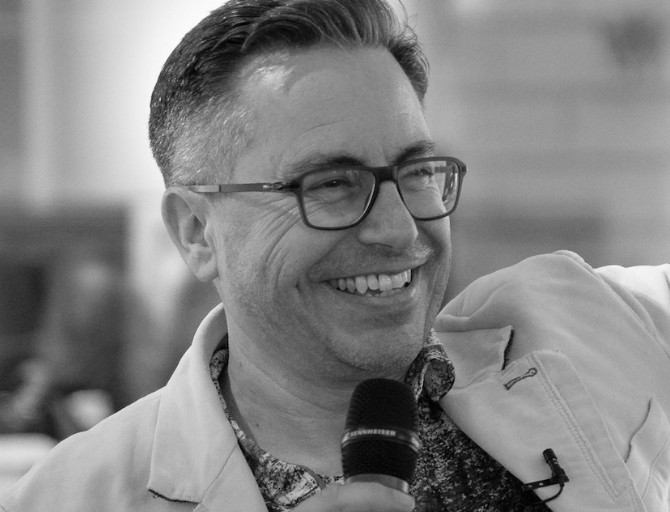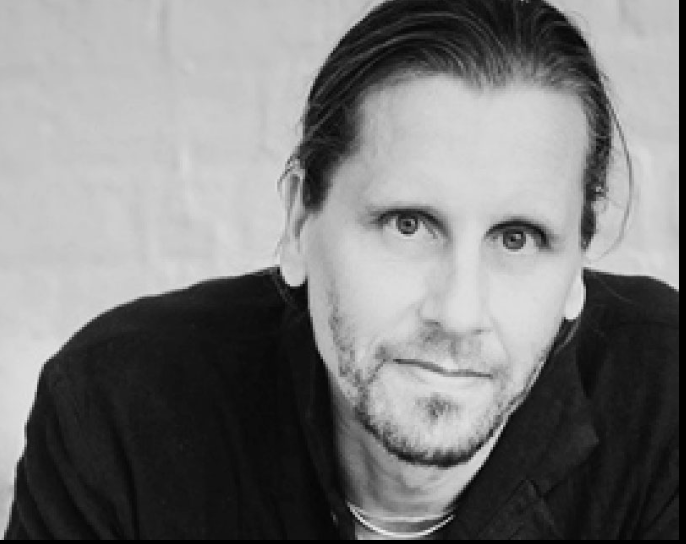Beau Lotto and Dave Strudwick | Neuroscience
Podcast
Intro: Beau and Dave - welcome to our school. We pride ourselves on thinking differently about how we learn best and how to make sure we remember our schooling forever. You push the boundaries around ideas about what a school could be. We are keen to learn more. Thank you for your time, and so that we make the most of this session - let's get started. How are you, and what has got you thinking today?
Q1: Misfits - what are these, and how do they relate to your work in education?
Q2: You have a laboratory. What do you do in this lab, and how does it improve schools and learning for children around the world? Is the sky actually blue?
Q3: At Mayflower, we would like to make big change and create learning that we can remember forever. What top tips do you have for us as 10-year-old children?
Q4: What is your biggest hope for education and are we right in saying that uncertainty kills creativity?
Q5: What scares you the most about what is happening in schools around the world, and how can we keep a sense of awe and make more meaning with our learning?
Q6: Where are the best things that are going on in education, and who is inspiring you to think differently about what a school could be?
Q7: Beau, you study neuroscience - why do you study this subject, and what do you do with all your knowledge? Two other things that we want to know - how can you hear colours and what do images sound like?
Q8: What should a learner do to stay flexible with thoughts as a way to achieve great things as they age?
Q9: What achievement are you most proud of and why?
Q10: Dave, what is it like being a school leader, and how can this role help change the world?
Q11: How does my brain work, and why do I sometimes forget, but also not understand what my teachers are trying to teach me?
Q12: If we signed up to your website - what would we learn, and how could we use it? Do you think we should start a child-friendly version for the world to access? We would very much like to do this.
Q13: Should we embrace AI and, if so, how can it help us to become better learners and stay good citizens as we age? If not, what should we do instead?
Q14: We believe that we will get better learning experiences, that develop a deeper sense of meaning, if we link with experts who work beyond our school. We use the internet to publish our learning way beyond our postcode. We try hard to link with experts like yourself to gain their honest feedback on what we are doing well and what could be even better. What feedback have you got for us about what we are doing and what steps would you recommend we now take to help create even deeper meaning?
Q15: In your TED Talks, you talk about the power of daydreaming. Should daydreaming be encouraged in schools and why?
Q16: You say that we should enter conflict with a question and not an answer. Why should we do this, and how will this help us to stay creative?
Outro: This is sadly the end to this podcast with you. Thank you so much for giving us your time and extensive wisdom. Well, that was inspirational, and we are left feeling thoroughly inspired to learn about neuroscience and how it can help us to learn - better. We hope that you think of us when you design your next experiments. After all, Together we can...

Dave Strudwick
Education Director
...is a former school leader and the founder. His passion is for enabling young people and adults to create possibility as they navigate uncertainty. His schools have used projects connecting making, community and sustainability to have a social impact. He’s worked as a teacher and leader in mainstream and specialist settings in Europe, US, and China. Dave is a published author with experience in leadership, learning spaces, pedagogy, curriculum design and well-being.

Beau Lotto
Founder & Director
…is a neuroscientist and world-renowned expert in perception. His research explores the ways in which we experience the world through our own versions of reality.
Beau is a three-time main stage TED speaker. He has spoken at the G8, Google’s Zeitgest, Wired, Oslo Freedom Forum, Big Think and contributed to the BBC, National Geographic, Netflix and PBS.
Podcast Teaser
https://www.ted.com/talks/beau_lotto_optical_illusions_show_how_we_see
